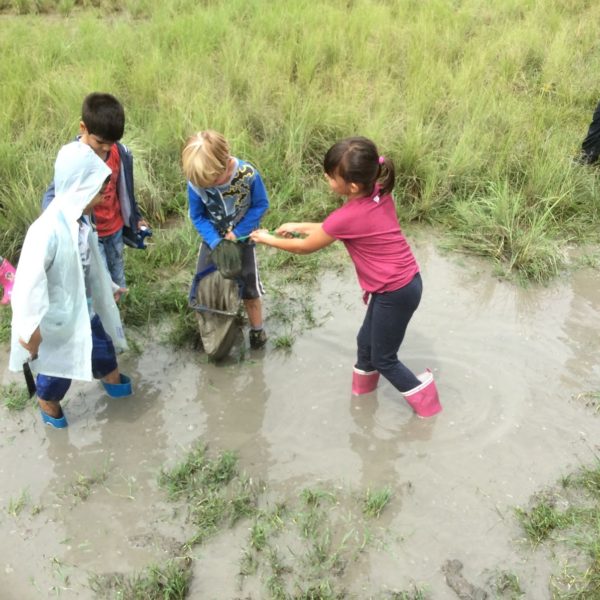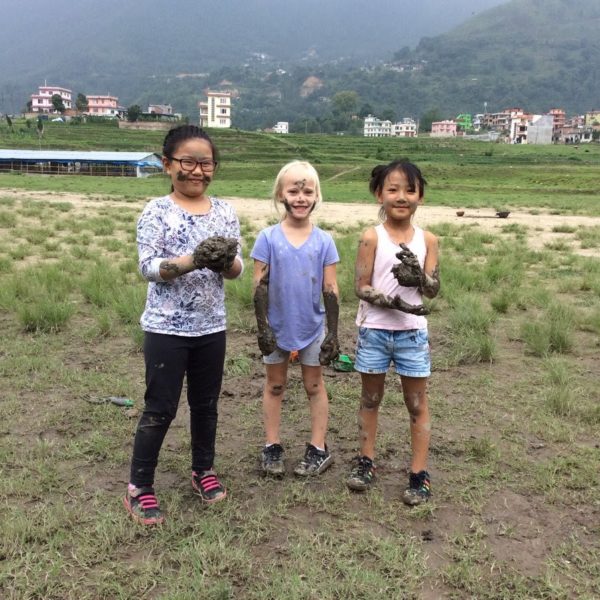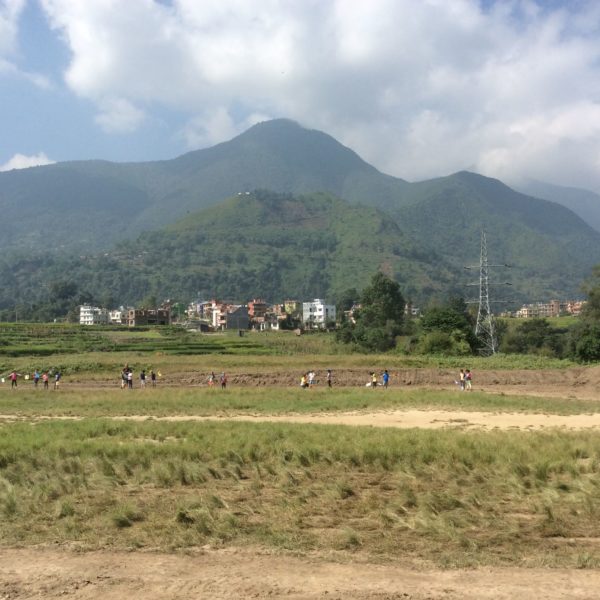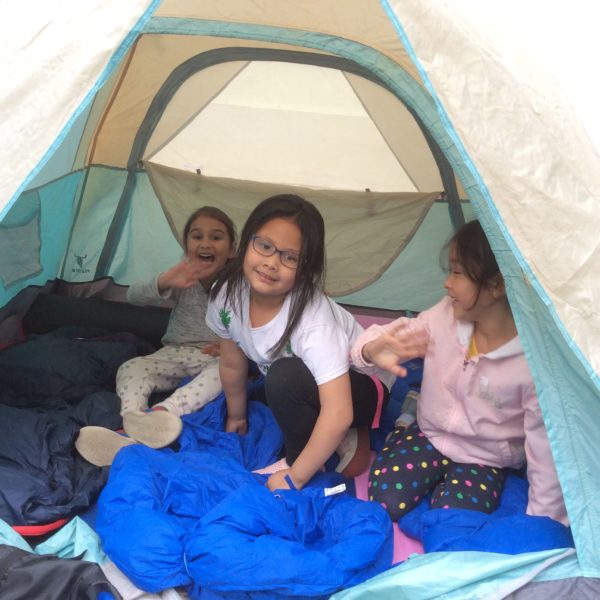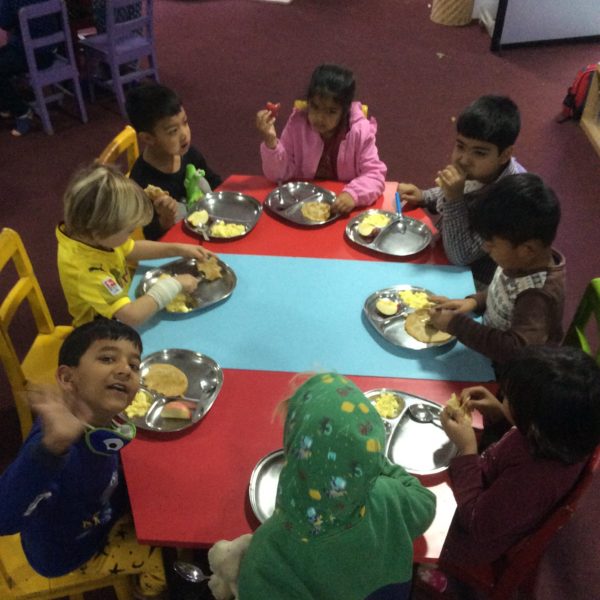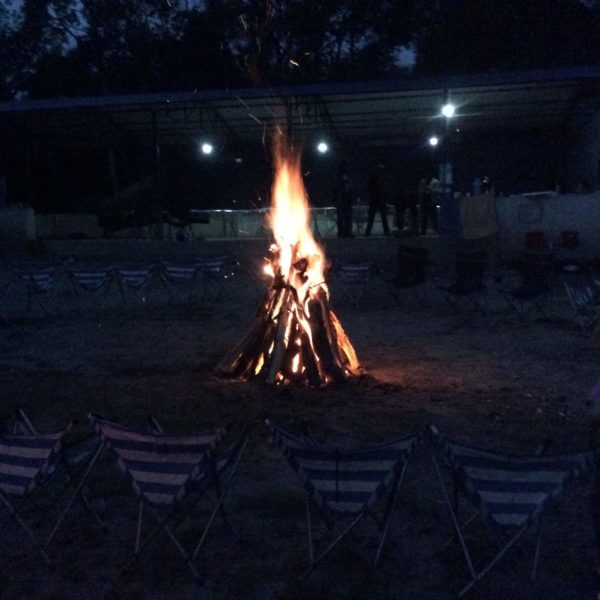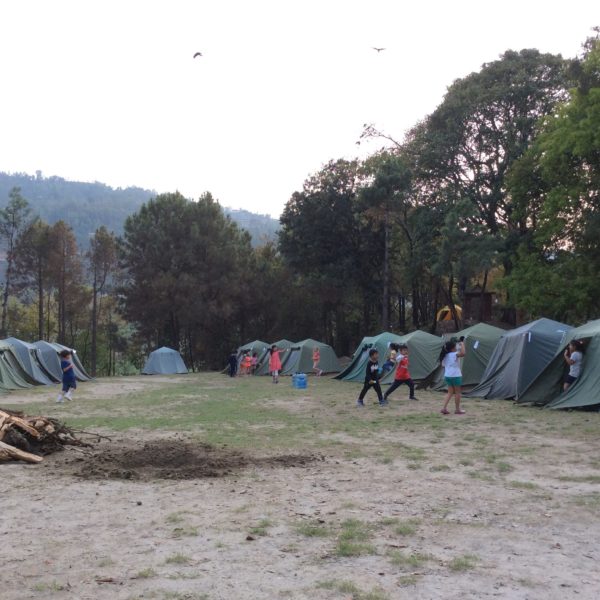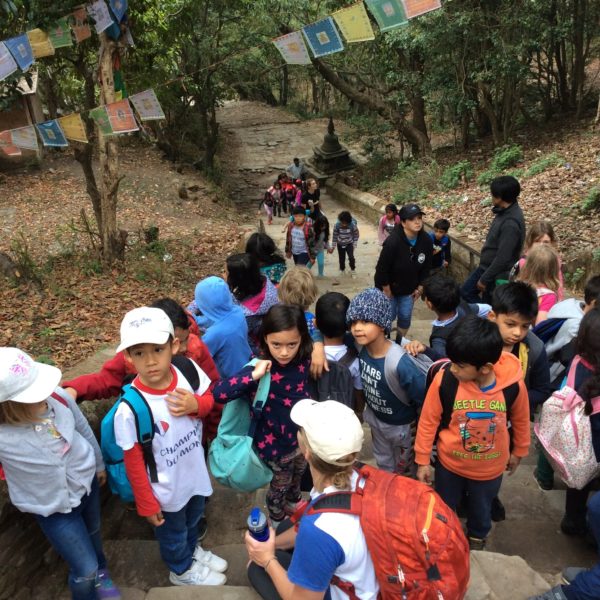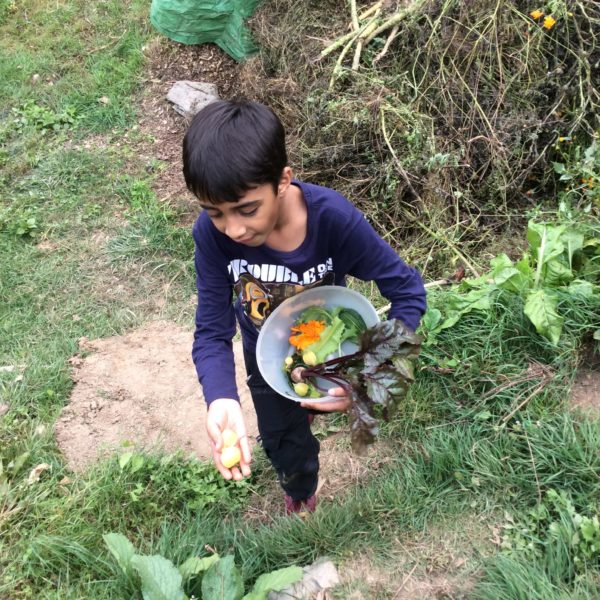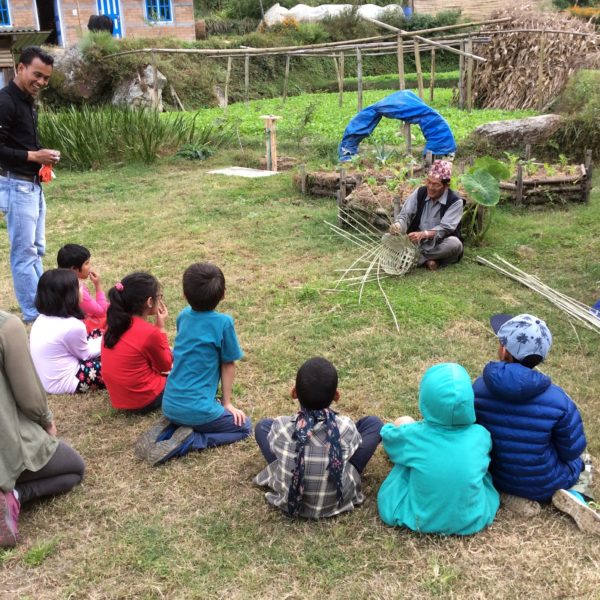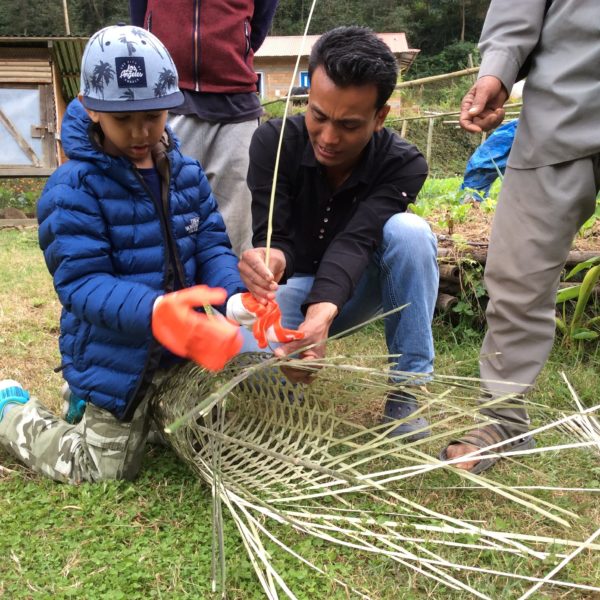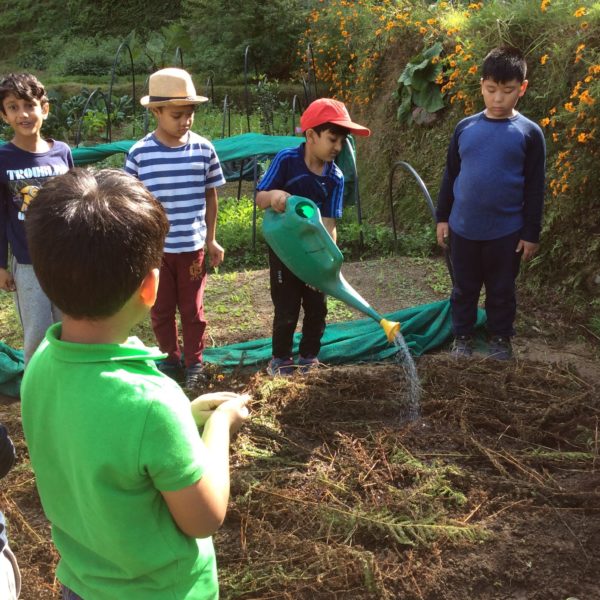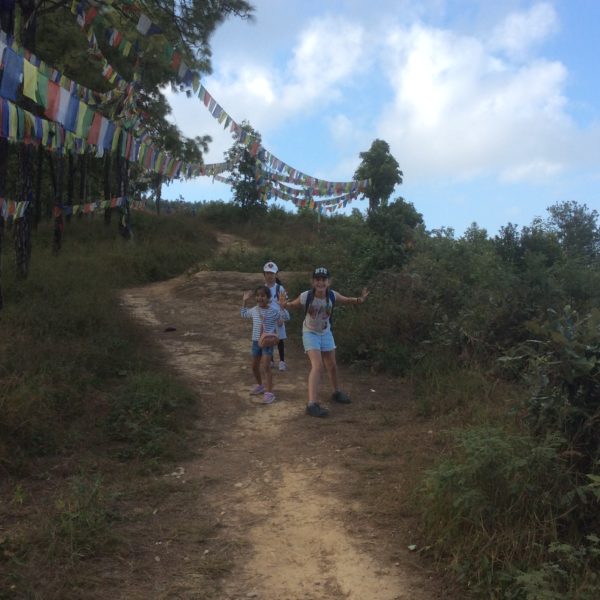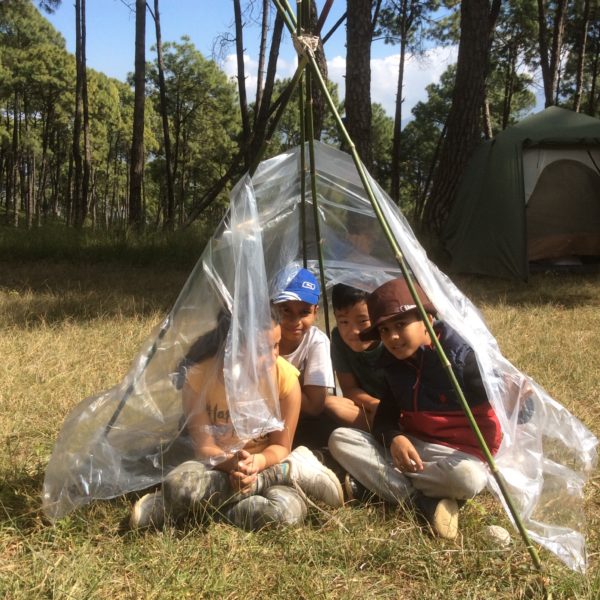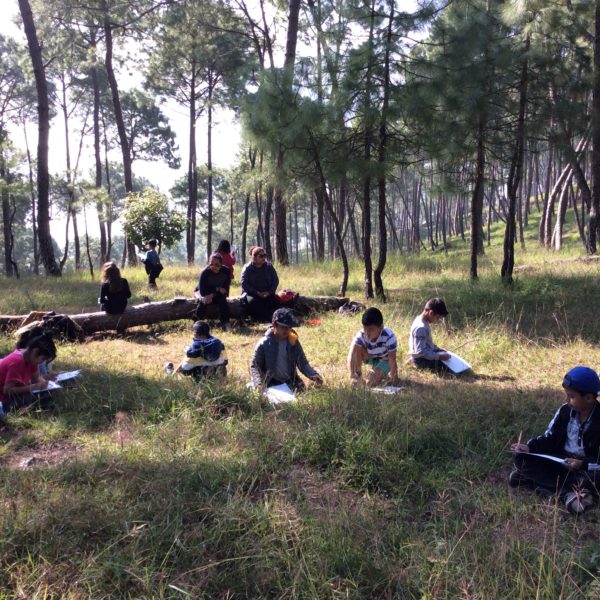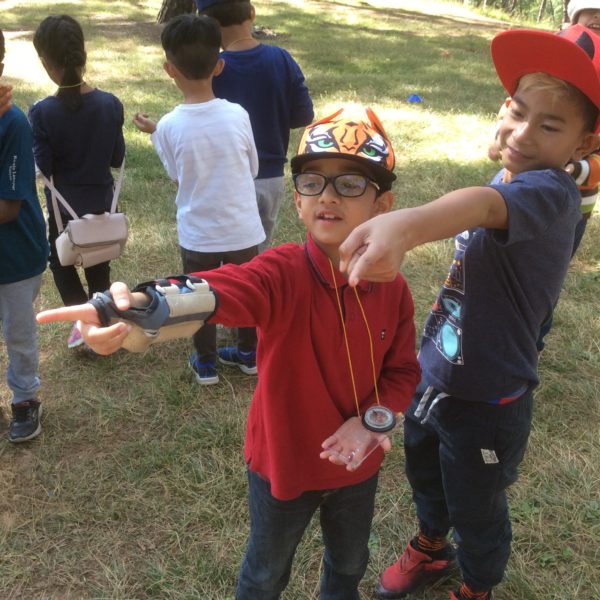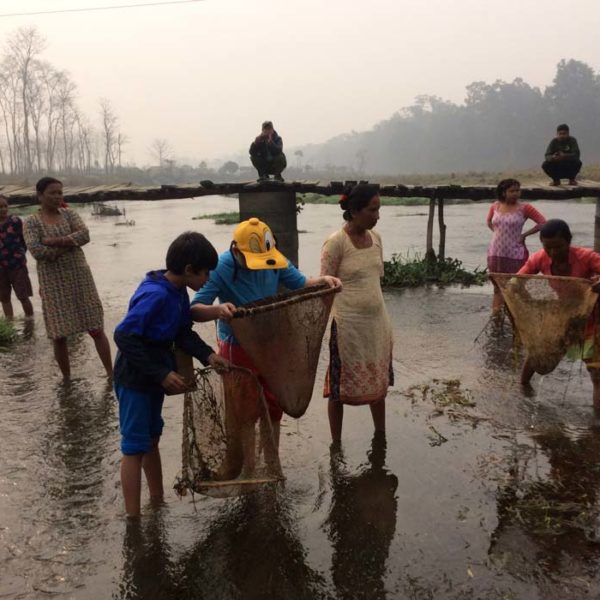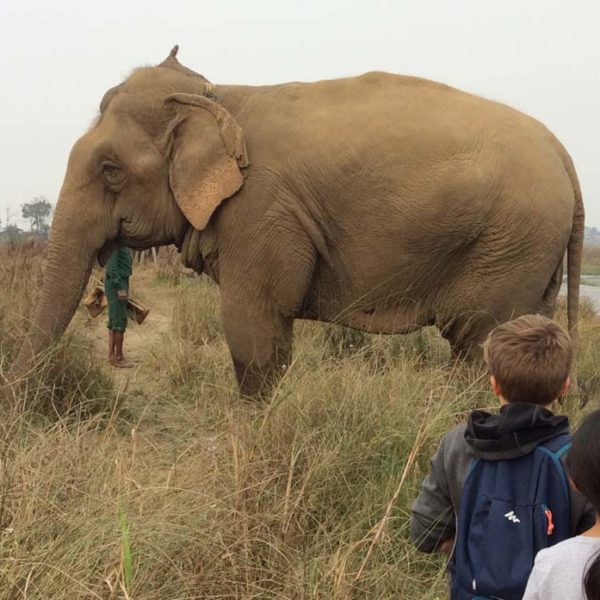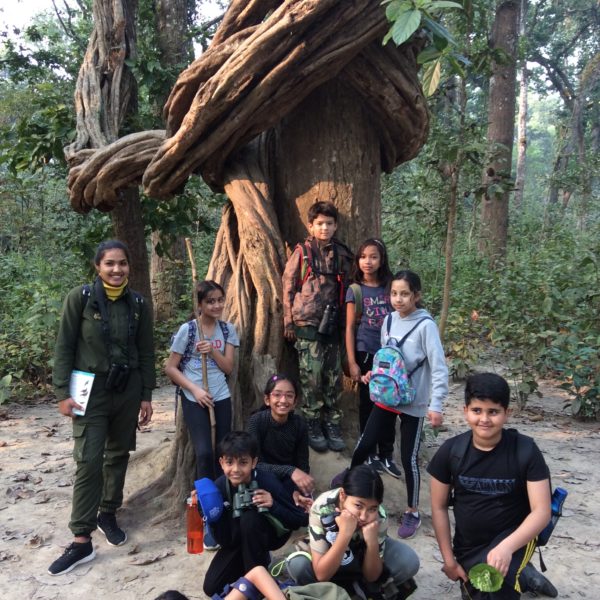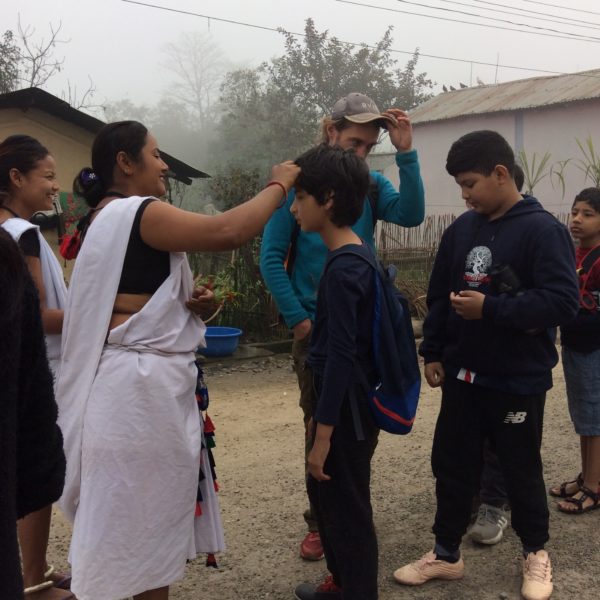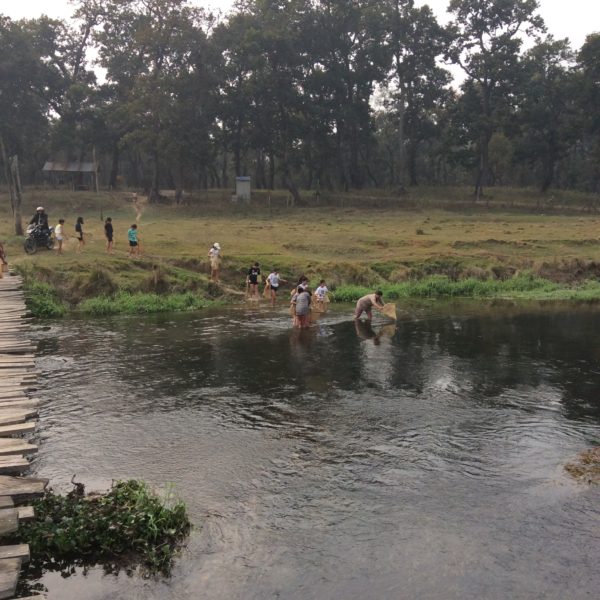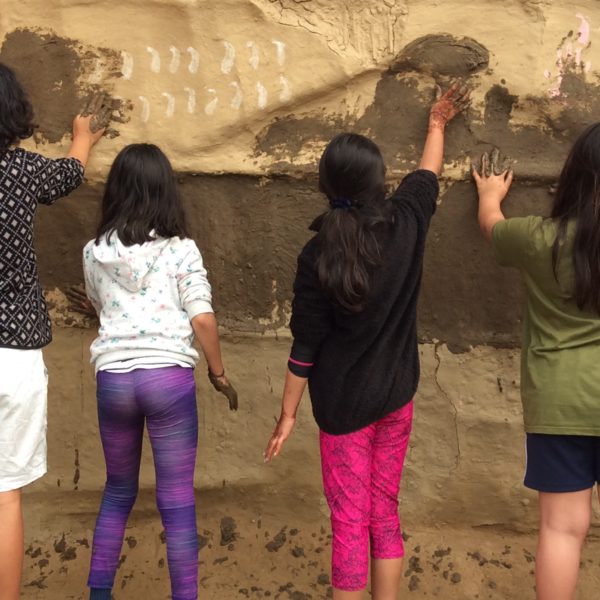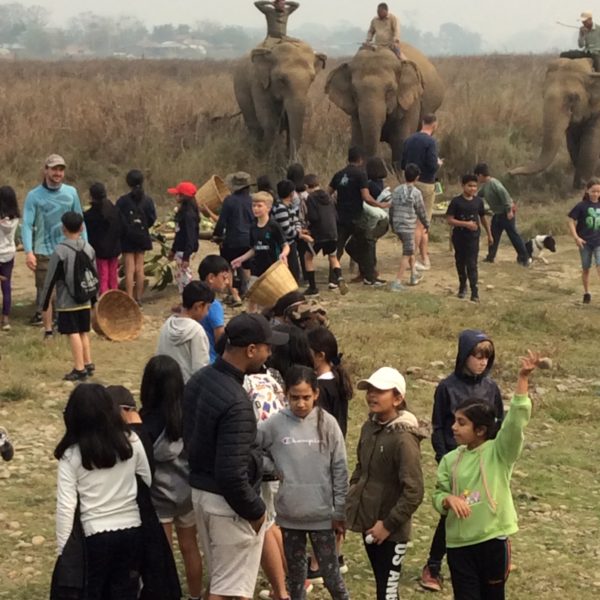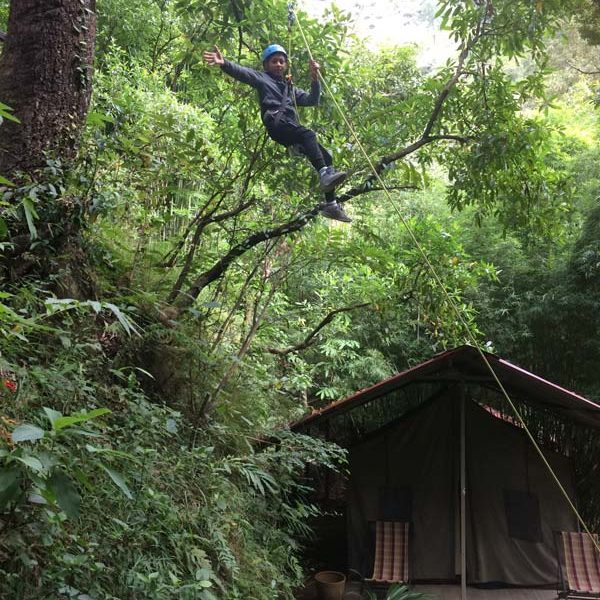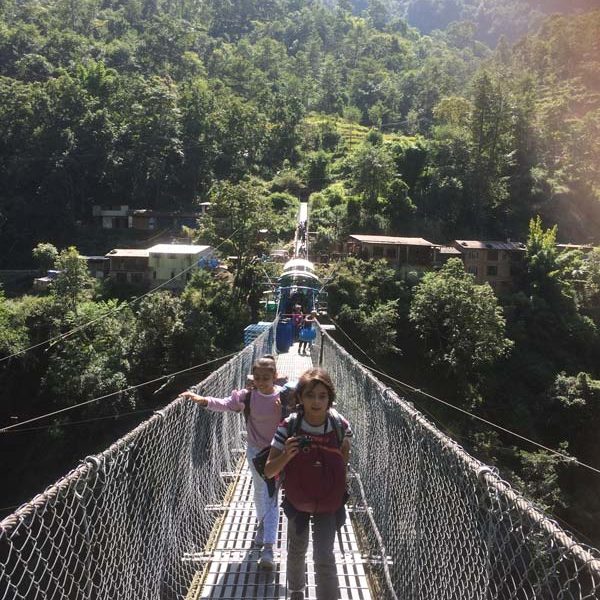Situated at the top of the world, amongst Himalayan peaks, steep valleys and, to the South, tropical jungles, The British School is in a unique position to offer an incredible and unique outdoor learning experience. From the youngest age, our students venture into the hills, starting off as Forest School in Foundation 1 and culminating in mountainous adventures for our Gold International Award candidates at the age of seventeen. We pride ourselves in offering programmes that embody our ‘5Cs’:
- We challenge students to be independent (whether it is putting up a tent, cooking on a fire or abseiling down a canyon).
- We build confidence through teamwork, carefully managed risk-taking and a sense of adventure.
- We develop a rounded understanding of Nepal’s breadth of communities and cultural heritage with inter-school collaborations, village stays and visits to World Heritage sites.
- We encourage creativity by providing opportunities for students to develop new skills – from basket-weaving to momo-making to decorating Tharu huts on the Nepali Terai.
- We enable students to develop a sense of compassion: for each other through supporting stays away from home; for those around us (who are often living in extreme poverty); and for the stunning natural world in which we are lucky enough to be present.

